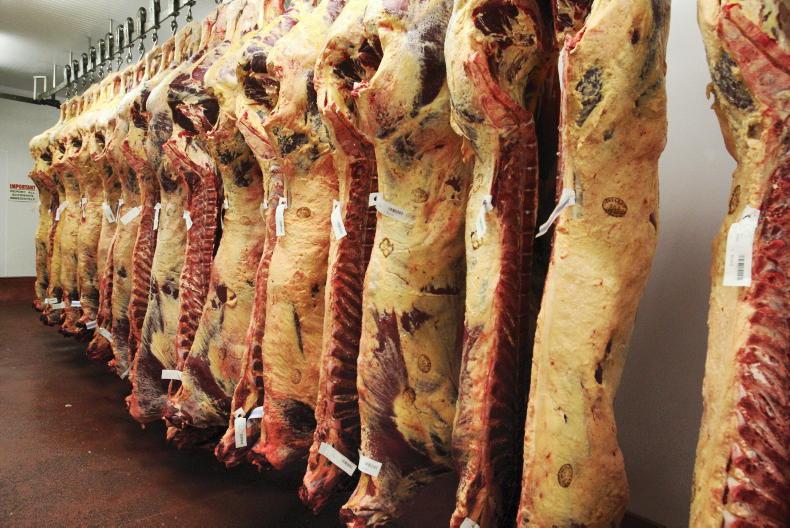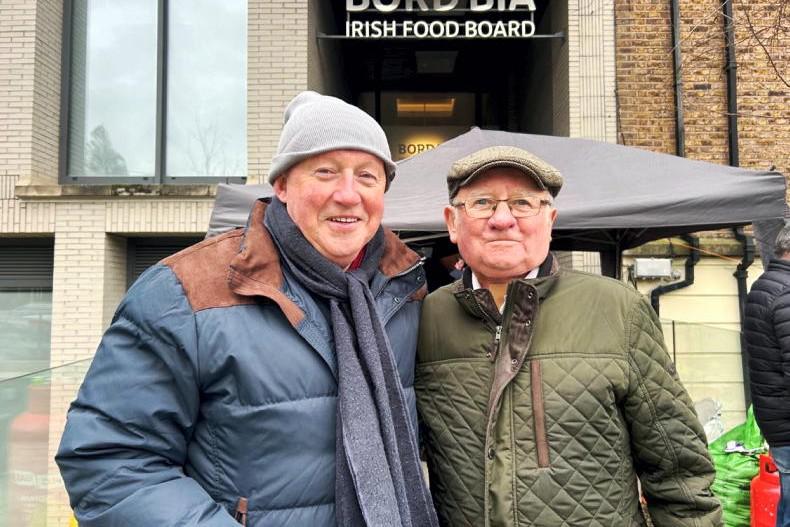There have been numerous pre-budget submissions to Government from farm organisations and various lobby groups over the past few weeks. Each contains some interesting perspectives but it is clear there have been different levels of research and brainpower invested by the various bodies. The growing number of lobby groups claiming to represent the various subsections of agriculture all have a legitimate right to put forward views on how to deal with issues facing their membership. However, one wonders whether bombarding Government with myriad solutions to what are in many cases common issues is the most effective route to success.
There are clearly a number of core issues that have an impact right across the industry:
Funding for farm schemes.Addressing challenges within the taxation system.Tackling issues on farm credit.Few could argue that achieving a favourable response in the October budget to these issues would yield real dividends, not only for each sector but right across the industry. Surely we must accept that as an industry, we would stand a better chance of being able to influence Government policy on core issues if a common position was put forward.
Unfortunately, what was clear at this week’s National Ploughing Championships was the extent to which those now claiming to represent the interests of Irish agriculture are in many ways lobbying against each other, with some merely trying to align policy to pre-empted budgetary outcomes in order to claim credit. It is hardly the most effective strategy for an industry that is trying to get its voice heard around what will no doubt be a very noisy Cabinet table in the lead-up to the budget.
It would be easy to lay the blame solely at the door of the smaller and more recently established representative organisations. While there is of course a level of culpability, there is little in the way of joined-up thinking even between the more well-established bodies.
A few months ago in this column, we looked at the IFA proposal, contained in its pre-budget submissions, in relation to addressing taxation issues – effectively adjusting the income averaging system to reduce a farmer’s tax liability in a year where income is down. It was simple, straightforward and if implemented would be applicable to all sectors.
Last week, in its pre-budget submission, ICOS put forward a totally different solution to effectively the same problem – and one that only addressed the income volatility issues within dairying. It’s just one example of where the industry is competing with itself to have its voice head.
Regardless of which proposal is most effective, surely both organisations should be approaching Government with one voice on this issue. What prevented ICOS from supporting the IFA proposal that, if implemented by Government, would deliver for the entire sector?
Is it merely a case that a suitable forum or platform does not exist for representative organisations to engage in dialogue and agree a common industry position?
In an environment where agriculture is struggling to have its voice heard around the political table, both at national and EU level, we cannot continue to compete with ourselves when lobbying policymakers on issues of strategic importance.
While too late for this upcoming budget, we should look to establish a cross-industry group to operate in much the way that the Irish Congress of Trade Unions (ICTU) operates across several organisations. Representative bodies could agree on a small number of core strategic objectives, identify a common position, and lobby Government with one voice. Such a development would in no way prevent individual bodies from putting forward specific challenges facing their membership. It would simply help tackle the common issues facing the entire sector.
There have been numerous pre-budget submissions to Government from farm organisations and various lobby groups over the past few weeks. Each contains some interesting perspectives but it is clear there have been different levels of research and brainpower invested by the various bodies. The growing number of lobby groups claiming to represent the various subsections of agriculture all have a legitimate right to put forward views on how to deal with issues facing their membership. However, one wonders whether bombarding Government with myriad solutions to what are in many cases common issues is the most effective route to success.
There are clearly a number of core issues that have an impact right across the industry:
Funding for farm schemes.Addressing challenges within the taxation system.Tackling issues on farm credit.Few could argue that achieving a favourable response in the October budget to these issues would yield real dividends, not only for each sector but right across the industry. Surely we must accept that as an industry, we would stand a better chance of being able to influence Government policy on core issues if a common position was put forward.
Unfortunately, what was clear at this week’s National Ploughing Championships was the extent to which those now claiming to represent the interests of Irish agriculture are in many ways lobbying against each other, with some merely trying to align policy to pre-empted budgetary outcomes in order to claim credit. It is hardly the most effective strategy for an industry that is trying to get its voice heard around what will no doubt be a very noisy Cabinet table in the lead-up to the budget.
It would be easy to lay the blame solely at the door of the smaller and more recently established representative organisations. While there is of course a level of culpability, there is little in the way of joined-up thinking even between the more well-established bodies.
A few months ago in this column, we looked at the IFA proposal, contained in its pre-budget submissions, in relation to addressing taxation issues – effectively adjusting the income averaging system to reduce a farmer’s tax liability in a year where income is down. It was simple, straightforward and if implemented would be applicable to all sectors.
Last week, in its pre-budget submission, ICOS put forward a totally different solution to effectively the same problem – and one that only addressed the income volatility issues within dairying. It’s just one example of where the industry is competing with itself to have its voice head.
Regardless of which proposal is most effective, surely both organisations should be approaching Government with one voice on this issue. What prevented ICOS from supporting the IFA proposal that, if implemented by Government, would deliver for the entire sector?
Is it merely a case that a suitable forum or platform does not exist for representative organisations to engage in dialogue and agree a common industry position?
In an environment where agriculture is struggling to have its voice heard around the political table, both at national and EU level, we cannot continue to compete with ourselves when lobbying policymakers on issues of strategic importance.
While too late for this upcoming budget, we should look to establish a cross-industry group to operate in much the way that the Irish Congress of Trade Unions (ICTU) operates across several organisations. Representative bodies could agree on a small number of core strategic objectives, identify a common position, and lobby Government with one voice. Such a development would in no way prevent individual bodies from putting forward specific challenges facing their membership. It would simply help tackle the common issues facing the entire sector.








SHARING OPTIONS